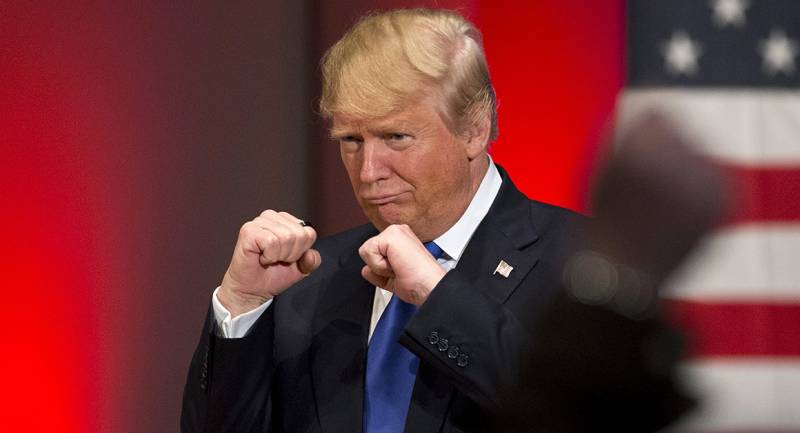WASHINGTON/BEIJING: The election of climate change skeptic Donald Trump as president is likely to end the U.S. leadership role in the international fight against global warming and may lead to the emergence of a new and unlikely champion: China.
China worked closely with the administration of outgoing President Barack Obama to build momentum ahead of the 2015 Paris Agreement on climate change. The partnership of the two biggest greenhouse gas emitters helped get nearly 200 countries to support the pact at the historic meet in France's capital.
By contrast, Trump has called global warming a hoax created by China to give it an economic advantage and said he plans to remove the United States from the historic climate agreement, as well as reverse many of Obama's measures to combat climate change.
He has appointed noted climate change skeptic Myron Ebell to help lead transition planning for the Environmental Protection Agency, which has crafted the administration’s major environmental regulations such as the Clean Power Plan and efficiency standards for cars and trucks.
Beijing is poised to cash in on the goodwill it could earn by taking on leadership in dealing with what for many other governments is one of the most urgent issues on their agenda.
"Proactively taking action against climate change will improve China's international image and allow it to occupy the moral high ground," Zou Ji, deputy director of the National Centre for Climate Change Strategy and a senior Chinese climate talks negotiator, told Reuters.
Zou said that if Trump abandons efforts to implement the Paris agreement, "China's influence and voice are likely to increase in global climate governance, which will then spill over into other areas of global governance and increase China's global standing, power and leadership."
The Paris Agreement seeks to phase out net greenhouse gas emissions by the second half of the century and limit global warming to "well below" 2 degrees Celsius (3.6 Fahrenheit) above pre-industrial levels. Each country has put forward national plans to reduce their greenhouse gas emissions.
Some have raised concerns that without involvement and financial support from the United States, emerging economies like India may feel inclined to back out.
One of the key advisors to Obama's team on climate change said he hoped China would take on the mantle and keep the global climate deal alive.
Beijing should "continue to work in the spirit that we worked together in and before Paris," said Andrew Light, former senior adviser to previous U.S. Special Envoy on Climate Change Todd Stern.






